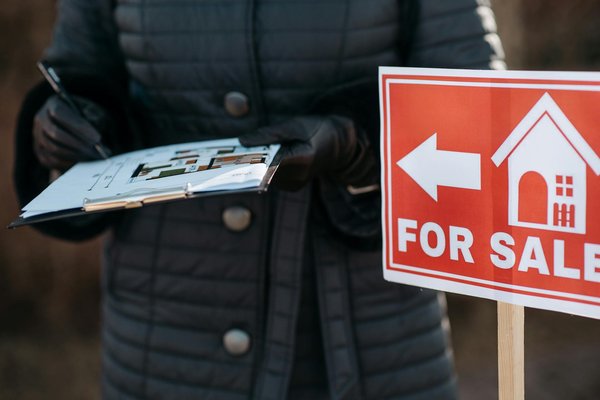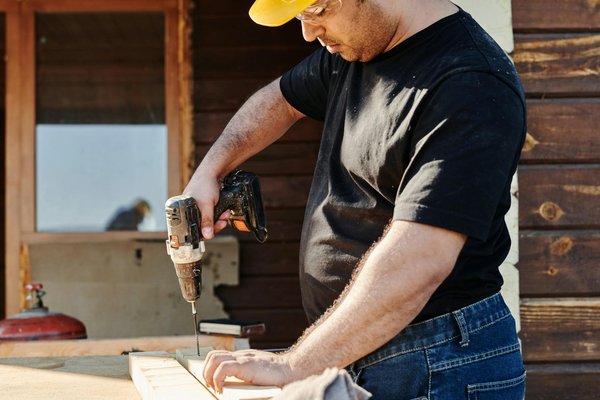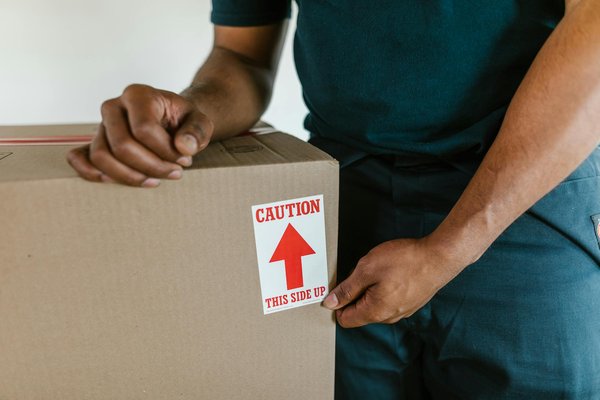Expert plumbing knowledge for every homeowner
Discover comprehensive guides, practical tips, and expert insights on plumbing maintenance, repairs, and home improvement. From fixing leaky faucets to understanding your entire water system, we've got you covered with reliable information.
Explore Our Content Library
Browse through our extensive collection of articles and resources

Everything You Need to Know About Home Plumbing
We publish in-depth articles covering every aspect of residential plumbing, from basic maintenance to complex system upgrades. Whether you're a DIY enthusiast or simply want to understand your home better, our resources provide clear, actionable information.
- Step-by-step repair guides with detailed illustrations
- Seasonal maintenance checklists and prevention tips
- Product comparison articles and technology reviews
- Emergency troubleshooting guides for common issues
Latest articles
Our recent publications

Chic home decor ideas every modern woman should embrace
Chic home decor blends elegance with personal expression, creating spaces that feel both sophisticated and inviting. Mod...

Revamp your uk garden: an innovative guide to merging happiness and serenity
Transforming your UK garden in 2024 means embracing innovative design trends tailored to both style and local climate de...

Transform your small uk bathroom: the definitive guide to designing a chic walk-in shower with expert tips and insights
Transforming a small bathroom with a walk-in shower UK requires careful planning to optimise space without sacrificing s...

Transform your space: stylish home decor tips for modern women
Modern women seek stylish, practical ways to transform their homes without overspending. ISS Decor offers smart, afforda...

Warm up your uk conservatory: top tips for a cozy winter retreat
When it comes to conservatory insulation, effective materials and methods can dramatically improve warmth during cold mo...

Insulated kingdom: keep drinks and food perfectly tempered
Keeping your food and drinks perfectly tempered requires reliable insulation that adapts to any setting. The Insulated K...

Temperature control tips for keeping your drinks and food fresh
Maintaining the right temperature is key to preserving the freshness and safety of your food and drinks. Different items...

Top 10 strategies to ensure your uk semi-detached home stays dry and moisture-free
Taking control of moisture prevention is vital for maintaining semi-detached home care and avoiding persistent UK housin...

Top diy electrical repair safety guidelines for your uk home
Understanding diy electrical safety is crucial when handling electrical tasks at home. UK electrical guidelines emphasiz...

Ultimate btu guide: efficiently cool your mid-sized uk living room
BTU stands for British Thermal Unit and is a fundamental measure of a cooling system's capacity. Simply put, a BTU repre...

Unlocking the secrets to effective air source heat pump leads
The UK heat pump market is experiencing unprecedented growth, with government data showing installations increased by 34...

Creating an Inclusive Sensory Garden for the Visually Impaired in the UK: A Step-by-Step Guide
Sensory gardens are carefully designed spaces that offer interactive experiences through various senses such as touch, s...

Creating Your Own Butterfly Haven: A Guide to Using Native UK Plants
Native UK plants play a crucial role in supporting local butterfly populations, especially for those interested in butte...

Maximize Your Garden"s Potential: A Comprehensive Guide to Rain Barrel Irrigation in the UK
Rain barrel irrigation plays a pivotal role in promoting sustainable gardening with notable environmental benefits. By i...

Crafting a Flood-Resilient Landscape: Essential Strategies for UK Homes in Floodplains
Navigating the complexities of floodplain boundaries is essential for effective flood risk assessment. In the UK, floodp...

Maximize Efficiency: Creative Small Kitchen Design Tips for UK Studio Flats
Designing for small kitchens in the UK, particularly within studio flats, presents unique challenges. These spaces often...

Transform Your UK Flat: Crafting a Chic and Practical Home Office Space
In the era of remote work, having a well-designed home office is no longer a luxury, but a necessity. Whether you live i...

Expert Tips for Securely Moving Vintage Camera Collections During Your UK Relocation
Relocating a vintage camera collection poses numerous potential risks. Vintage cameras, often delicate and irreplaceable...

Smart Strategies for Scheduling Your Move: Navigating UK Public Holidays to Reduce Disruption
The UK public holidays framework plays a crucial role in planning both personal and professional activities. These holid...

Your Ultimate Guide to Seamlessly Importing Household Goods to the UK When Moving from Overseas
Moving to a new country can be both exciting and daunting, especially when it comes to importing your household goods. T...

Revamping uk property management: innovative tactics for housing associations to tackle negligence
In the dynamic world of UK property management, various challenges pose significant hurdles, particularly for housing as...

The definitive 2023 guide: how to efficiently report unlicensed businesses in the uk
In the context of UK laws, unlicensed businesses refer to operations that do not acquire the necessary permits or licens...

Ultimate handbook: top strategies for successfully reporting hazardous rental properties to uk authorities
Navigating the complexities of hazardous rental properties requires understanding the dynamics between tenant rights and...

Choosing the Perfect Exterior Paint for Your Brighton Seaside Home: A Complete Guide
The coastal climate dramatically influences exterior finishes due to unique environmental factors. One significant chall...

Essential Guide to Selecting the Perfect Privacy and Security Fencing for Your Essex Suburban Home
Privacy fencing and security fencing are crucial for homeowners, providing not just a boundary but a sense of safety and...

Selecting Durable Flooring for High-Traffic Homes in London: A Comprehensive Guide
When it comes to choosing the right flooring for your high-traffic home in London, the decision can be overwhelming, giv...

Crucial pool safety guidelines every uk home builder should follow: unmissable practices for your project!
Adhering to UK pool safety regulations is crucial for ensuring not only compliance but also the safety of pool users. Un...

Top strategies to secure your uk home swimming pool during your holiday getaway
Ensuring effective swimming pool security is crucial to prevent accidents and unauthorized access, particularly when you...

Ultimate tips for crystal clear water during peak pollen season in the uk
Water's clarity can be considerably influenced by environmental factors, and pollen effects on water quality are signifi...

Affordable dumpster rental options in montreal made easy
Finding affordable dumpster rentals in Montreal doesn't have to be complicated. Whether tackling a renovation, construct...
Frequently Asked Questions
What type of content can I find on this site?
We publish comprehensive guides on plumbing maintenance, repair tutorials, preventive care articles, equipment comparisons, and troubleshooting resources. All content is designed to help homeowners understand and maintain their plumbing systems effectively.
Are the guides suitable for beginners?
Absolutely! Our articles are written for all skill levels. We explain technical concepts in plain language and include step-by-step instructions with visual aids. Whether you're learning basic maintenance or tackling more complex projects, you'll find accessible information here.
How often is new content published?
We publish new articles and guides weekly, covering everything from seasonal maintenance tips to in-depth analyses of plumbing systems and equipment. Check our news section or subscribe to our newsletter to stay updated on the latest content.
Can I suggest topics for future articles?
We welcome reader input! While we're an informational resource rather than an interactive community platform, we regularly monitor common questions and trending topics in home plumbing to ensure our content addresses real homeowner needs and concerns.
